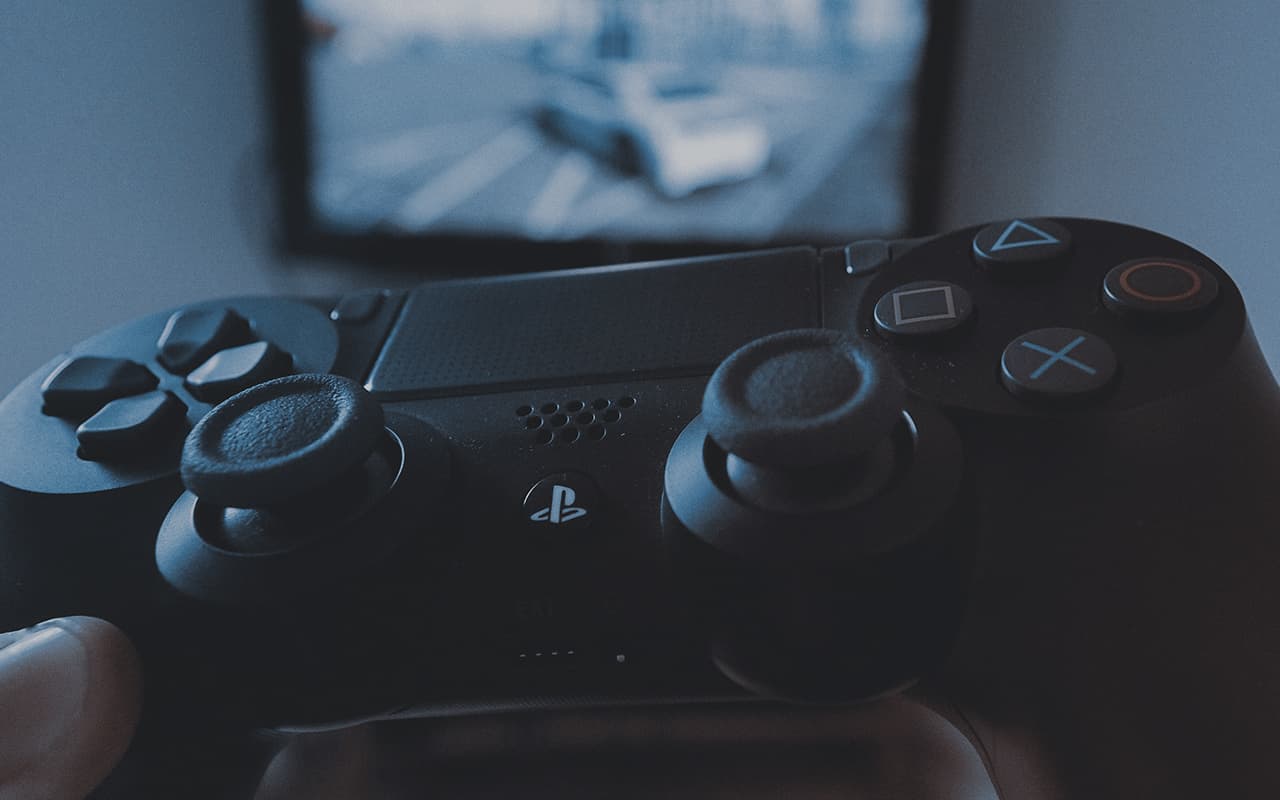For years, video games have been criticized for making people more antisocial, overweight, or depressed. But now researchers have found that games can actually change us for the better and improve our bodies and minds.
Games can help develop physical skills. Preschool children who played interactive games, such as those available on the Wii, showed improved motor skills, such as being able to hit, catch, and throw a ball better than children who do not play video games. A study by microsurgery surgeons in Boston found that those who played video games were 27 percent faster and made 37 percent fewer mistakes than those who did not. Vision also improved, especially distinguishing between shades of gray. This is useful for driving at night, flying an airplane, or reading X-rays.
Games also contribute to a variety of brain functions, including decision-making. According to one study, people who play action games make decisions 25 percent faster than others and are just as accurate. It was also found that the best players can make choices and act accordingly up to six times per second, which is four times faster than most people. In another study by researchers at the University of Rochester in New York, it was shown that experienced gamers are able to pay attention to more than six things at once without getting confused, compared to the four that most people can usually remember.
There is also evidence that games can help with psychological problems. At the University of Auckland in New Zealand, researchers asked 94 young people diagnosed with depression to play a three-dimensional fantasy game called SPARX, and in many cases, the game reduced symptoms of depression more than conventional treatment. Another research team from the University of Oxford found that playing Tetris shortly after being exposed to something very disturbing – the experiment used a movie with traumatic scenes of injury and death – could actually prevent disturbing memories in people.
However, the effects are not always so positive. Researchers at Indiana University have scanned the brains of young men and found evidence that violent games can change the way the brain works after just a week of playing, affecting areas of the brain associated with emotional control and causing more aggressive behavior. But Daphne Bavelier, one of the most experienced researchers in the field, says that the violent action games that parents often worry about the most may actually have the strongest beneficial effects on the brain. In the future, we may see many treatments for physical and neurological problems that involve playing video games.

